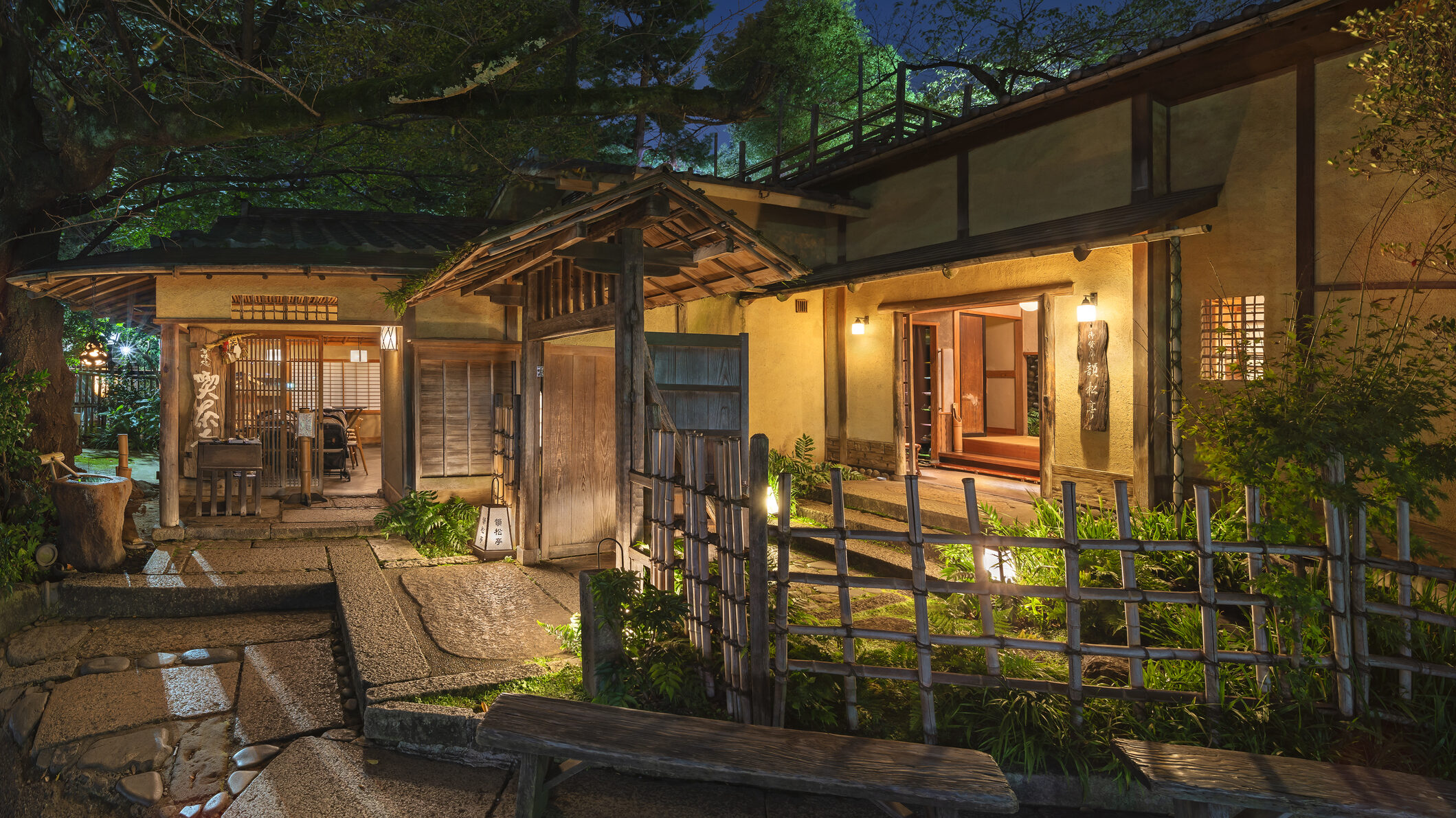NUS professor works in ryokan for a year, offers behind-the-scenes look at Japan’s iconic inns in new book
May 25, 2023

In ‘NUS professor works in ryokan for a year, offers behind-the-scenes look at Japan’s iconic inns in new book’ (The Straits Times, May 2023), Associate Professor Chris McMorran (NUS Japanese Studies) discusses his book, Ryokan: Mobilizing Hospitality in Rural Japan (University of Hawaii Press, 2022), and details his experiences from his stint as a ryokan employee in Kyushu, Japan.
A quintessential tenet of Japanese tourism and an emblem of feted Japanese hospitality, ryokan are inns commonly found in rural Japan, and are often regarded as abodes for the city-weary.
Though an Iowa-born American, A/P McMorran’s insatiable interest in the cultural geographies of home and tourism led him to Japan’s ryokans, where he subsequently embarked on a decade-long research project surrounding their inner workings and interactions with tourism, the economy, and feminism. As part of an immersive ethnographic study, he worked as a ryokan employee and was let into the world of ryokan and the nakai, or female waitresses, who service them.
While ryokan are staples in imaginations of a picturesque Japanese countryside, A/P McMorran reveals a hidden paradox of ryokan hospitality. The nakai provide the meticulous hospitality ryokan are lauded for, but are personally bereft of this very warmth – many of them are divorced, widowed, or unmarried women for whom ryokan are refuges.
A/P McMorran’s book highlights the nakai’s vulnerability to changes in the economy as gig workers, reflecting the challenges faced by the hospitality industry at large.
Although this might paint a critical picture of ryokan, A/P McMorran brings light to the challenges faced in maintaining the ryokan as a small family-owned business. One of these challenges is that of succession – a complex process that requires consideration both of the male heir’s life trajectory and his wife’s suitability for being an okami, a woman who manages the ryokan.
Overall, Ryokan seeks to uncover the work and unseen challenges of working in and running a ryokan, and grapples with larger questions of hospitality and legacy in our modern age.
Read the article here: https://www.straitstimes.com/life/travel/nus-professor-works-in-ryokan-for-a-year-offers-behind-the-scenes-look-at-japan-s-iconic-inns-in-new-book
Get Ryokan here: https://uhpress.hawaii.edu/title/ryokan-mobilizing-hospitality-in-rural-japan/
